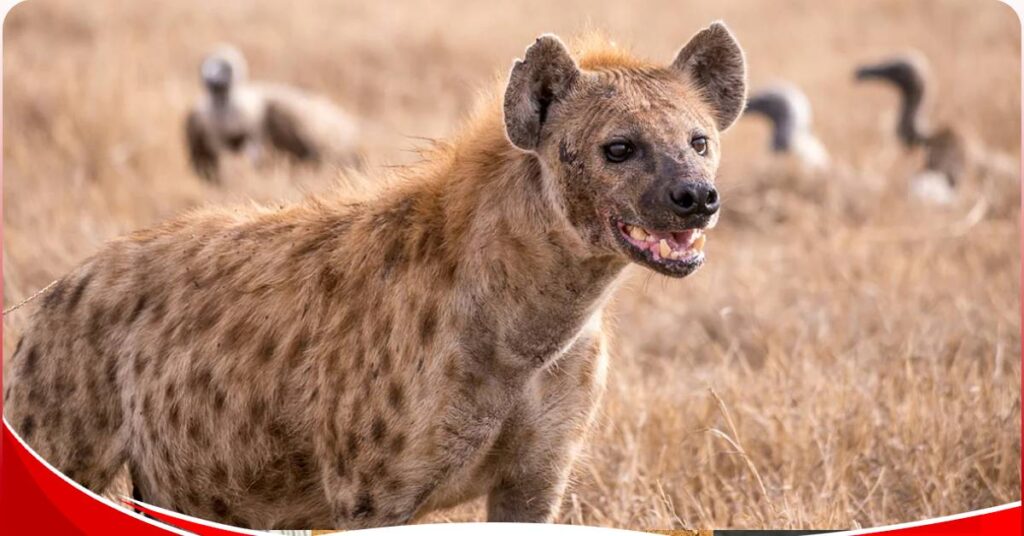Kenya Wildlife Service (KWS) has revealed that hyenas that attacked people in Kiambu and Kajiado Counties were infected with rabies.
In a statement on Thursday February 15, 2024 KWS noted that it has initiated mass vaccination of dogs in the affected areas after the hyenas tested positive for rabies.
This was after KWS received reports of hyenas attacking people in parts of Kiambu County (Juja area) and Kajiado County (Rongai, Tuala and Eselenkei areas).
“A report of a hyena having attacked a student of Multimedia University at Maasai Lodge area of Rongai on February 5, 2024 was responded to and samples collected from the hyena were taken to the National Veterinary Reference Laboratories (NVRL), Kabete for rabies test.
“The test results from this case was confirmed to be positive for rabies on February 8, 2024.

“In another case, a report was received of a hyena having bitten two people on Saturday February 10, 2024 at Eselenkei in Kajiado County.
READ ALSO: Why hyena attacks are rampant – CS Mutua
“Samples were collected from the hyena and delivered to NVRL, Kabete for testing. The test results confirming the case to be positive for rabies were received on February 13, 2024.
“On Sunday February 11, 2024, a report was received from a resident of Kalimoni Location in Juja that a hyena had strayed into his compound.
“The hyena was later captured and samples sent to NVRL, Kabete for testing. The test results confirming the case to be positive for rabies were received on February 13, 2024,” read part of a statement from KWS.
Confirmation of rabies in the hyenas explains the unusual aggressive behaviour towards people that was witnessed in Juja and Kajiado.
READ ALSO: University Students protest after hyena attacks a comrade
KWS has advised members of the public in the affected localities to exercise caution as they go about their daily activities.

The government agency also noted that it was putting necessary measures in place to manage the situation.
Studies have shown that domestic dogs transmit up to 98% of human rabies in East Africa.
As a result, KWS noted that the best approach to control the spread of rabies is by mass vaccination of dogs that will lead to reduction in spill over to human beings and other wildlife.
READ ALSO: KWS captures two hyenas roaming Juja streets in a week
“’The ‘Strategic Plan for the Elimination of Human Rabies in Kenya 2014-2030’ aims at sustained annual mass dog vaccination for at least 3 consecutive years in an attempt to cover about 70% of the dog population so as to eliminate rabies in the country,” KWS noted.
Meanwhile, KWS reported that it is working closely with the Directorate of Veterinary Services, County Governments of Kajiado and Kiambu to implement control measures.
The mass vaccination of dogs commenced on February 15, 2024 in Rongai.











